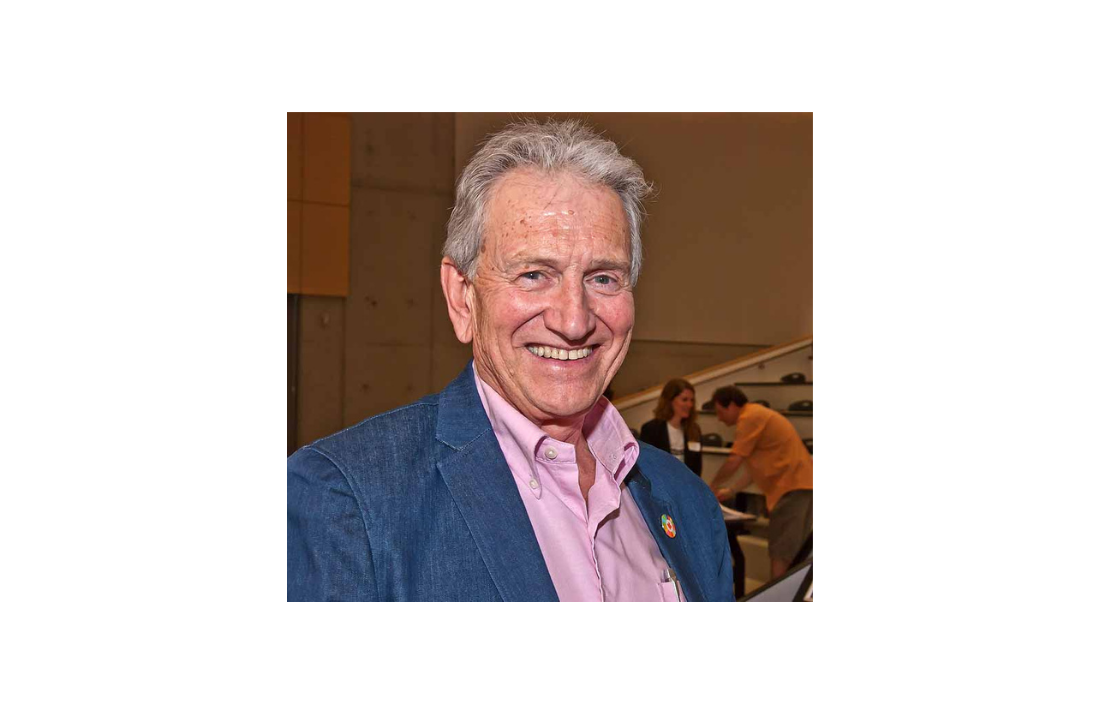Homo Sapiens emerged onto the earth about 200,000 yrs ago.
In “Sapiens – A Brief History of Humankind,” author Yuval Noah Harari notes that about 70,000 years ago we began to drive other species into extinction; however, in the last 100 years or so this pattern accelerated and we lost touch with our place as a species on this planet. In fact, our disconnectedness has resulted in humans creating an entirely new geological epoch called the “Anthropocene”—meaning an epoch where human actions are more significant than natural actions in changing the Earth.
The 20th century brought the exploitation of the mineralized remains of plants and animals that lived between 10 and 180 million years ago – coal, oil and natural gas. That innovation by humans, coupled with expanding populations, social organization and urbanization, propelled us, within a period of 100 years or so, from our agrarian roots on the family farm and small villages to fossil-fuel dependent urbanites—very much out of touch with the natural environment that had nurtured us for 199,900 years.
COVID 19 has reminded us that we are a species of this planet. Now that we recognize our vulnerability as a species, maybe we can also prioritize the vulnerability of all species on this planet. It is interesting that, during this crisis, many people sought out natural spaces as refuge from the isolation caused by public health measures.
We need to honour our natural desire to get back to nature. Our ecosystem here—on the only planet we have—has many interdependencies. We humans need to remind ourselves that our very survival as a species—at least with all the services that nature has provided us for 200,000 years—cannot be taken for granted.
Let us commit to supporting the billions of other species that are within our ecosystem. In 2016 biologist W.O. Wilson argued that we should be reserving one half of the earth for the other species. Please take a moment and visit the E.O. Wilson Foundation website (https://eowilsonfoundation.org/half-earth-our-planet-s-fight-for-life/) to learn why maintaining this planet`s biodiversity is in humanity`s best interest.
Efforts to support our planet`s biodiversity begin with each of us taking action to reduce all the resources we use (our global footprint) and to reduce our carbon footprint. Learn what your global footprint and your carbon footprint are at https://www.footprintcalculator.org/
The sooner we start to reduce, the sooner we will have results! Thank you if you have already begun. Now, what can you do in addition?
Stan Mathewson
President

